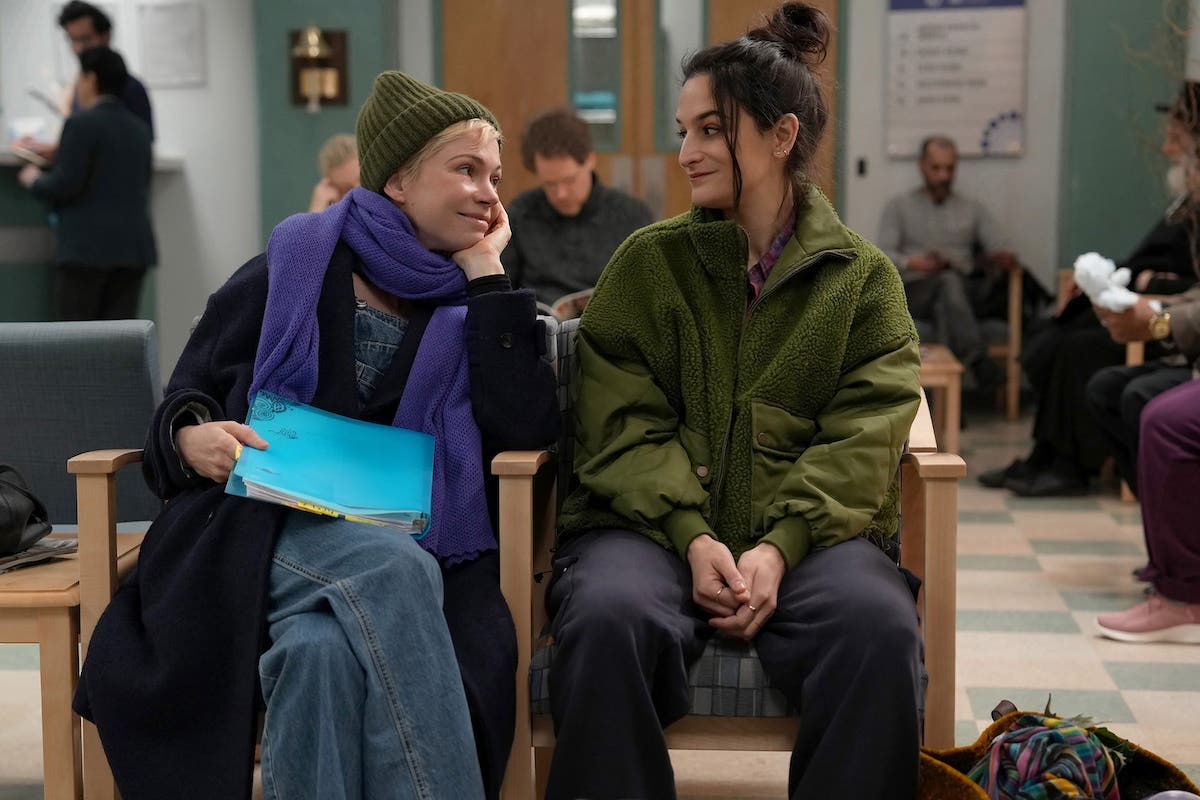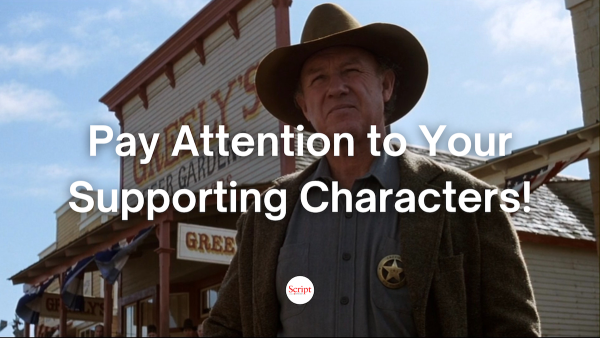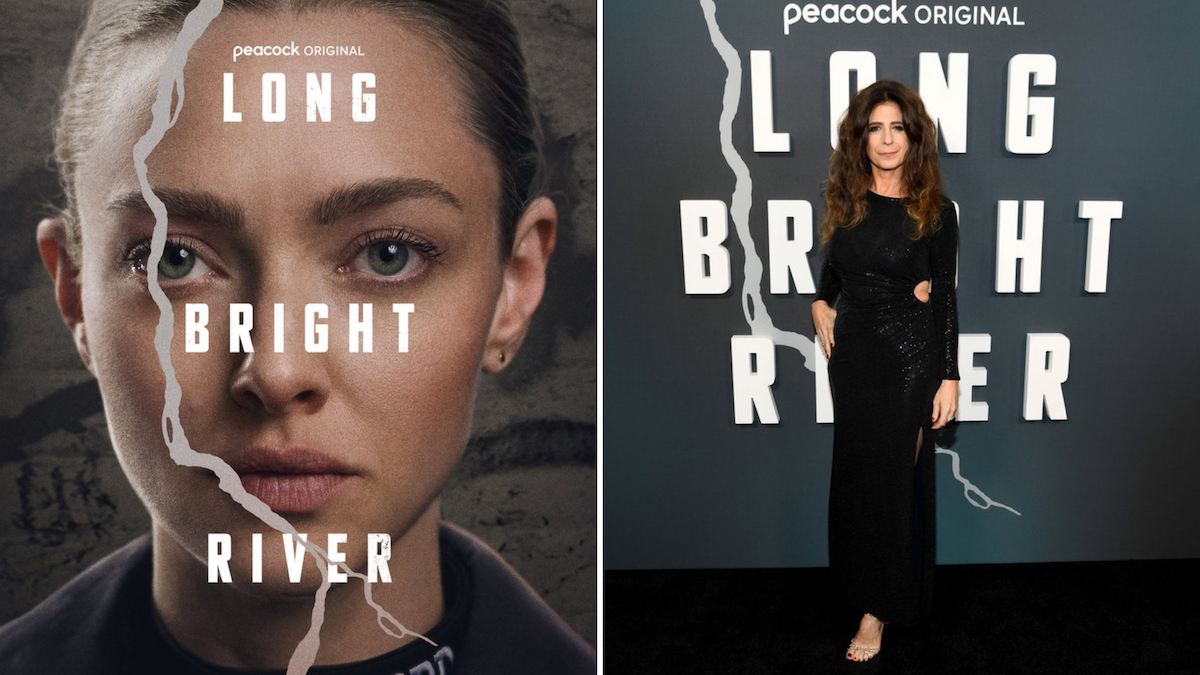Spit Takes: Take an Improv Class B*tch (And Become A Better Comedy Writer)
Someone once gave me this advice, “Take an Improv class b*tch.” So this b*tch took an improv class and found learning improv had a huge impact on my writing. Learning…
Someone once gave me this advice, “Take an Improv class b*tch.” So this b*tch took an improv class and found learning improv had a huge impact on my writing. Learning improv made me a better writer.
For the uninitiated, improvisation (improv) is the art of getting on-stage and performing without preparation. So how the hell will learning a spontaneous acting technique make you a better writer? Improv will teach you invaluable comedic rules that directly apply to crafting scenes and characters in your writing. Yes, improv has rules. Did you really think performing without preparation is easy? Being spontaneously funny is hard work. So get to work with a few laws of improv that will help your writing:
1.) Let the humor arise out of the situation.
When writing a scene, don’t go for the quick joke. A quick joke gives no character or plot information, and it does little to further your scene or story. If you want to bring your scene to a grinding halt, have a character deliver a one-liner. A one-liner is a pithy joke delivered in a single line. One-liners don’t move your scene forward; funny situations move your scene forward. Don’t believe me? Take a look at one of the first scenes in Bridesmaids:
INT. CLEAN, UPSCALE MODERN BATHROOM - MORNING
Annie stands in front of a mirror in nice lingerie. She puts on lotion, make-up, brushes her hair, mascara, etc. She getting ready to…
Creep back into the bed, where Ted is still sleeping. She gets in and begins to position herself to show her good parts. Coughs and nudges Ted to wake him up. Pretends she’s still asleep. He taps her.
ANNIE
(gasps/ pretending)
Oh! I was having a nightmare, I was so scared. Good Morning.
TED
Good morning. You look beautiful.
ANNIE
(acting embarrassed)
What? No. I’m sure I look terrible. I just woke up. I’m sure I’m a mess.
Notice there’s not a single joke in this scene, but it’s still funny because putting on makeup to look good in bed is a humorous situation. Also notice that this humorous situation paints a clear picture of Annie and her relationship to Ted. A funny situation defines your character more than a joke. Now I’m not saying you shouldn’t come up with clever and funny dialogue, but your clever and funny dialogue comes from the truth of your characters and their situation. Don’t kill your story for a cheap laugh.
2.) Be specific.
Details make everything funnier. Let’s take a look at a scene from Mean Girls. The characters are going through the high school yearbook, and it’s the details of what they tell the new girl about their classmates that make it funny:
Janis
That one there, that's Karen Smith. She is one of the dumbest girls you will ever meet. Damien sat next to her in English last year.
Damian
She asked me how to spell orange.
Janis
That little one, that's Gretchen Wieners.
Damian
She's totally rich because her dad invented Toaster Streudels.
“She asked me how to spell orange,” is way funnier than writing, “Yeah, she’s dumb.” Details will bring your characters to life and make your dialogue funnier.
3.) Make active choices in your scenes.
Giving too much exposition will bore your audience and the reader of your screenplay to death. A bored audience quickly turns into an angry audience. Don’t piss off the audience. Write characters where every action and word entrenches them deeper into your plot. By the way, did I mention you should torture your characters? Torture the shit out of your characters, and force them to make active choices at every turn. Unless you’re Kevin Smith, avoid scenes where your characters only sit around and discuss funny things. Think about Anchorman starring Will Ferrell. Does Will Ferrell sit behind the news desk talking about what he is going to do? No. Will Ferrell drinks some scotch, scotchy, scotch and causes some trouble.
4.) There are no rules in comedy.
Remember that rules in improv and screenwriting are only guidelines to help you be funnier and get more laughs. If a rule doesn’t service your story, then break that sucker!
Situational humor, details, active choices… these are only the beginning of the writing wisdom to be gained from improv. But seriously, don’t take my word that learning all this will make you a better writer. Go take an improv class b*tch.
Related Articles:
- More Spit Takes articles by Stephany Folsom
- Alt Script: You Are Not Tarantino or Kevin Smith
- Specs & The City: Building a Scene and The Social Network
Tools to Help:
Stephany Folsom was raised in the mountains of Colorado and attended film school in Los Angeles. After graduation, she had many day jobs until she landed a gig working for news outlets and non-profits, producing short documentaries around the world. Eventually growing tired of life on the road, she landed back in Los Angeles and delved back into fiction writing. Her script 1969 A SPACE ODYSSEY: OR HOW KUBRICK LEARNED TO STOP WORRYING AND LAND ON THE MOON made the Black List in 2013. Since then she’s written on Marvel’s THOR: RAGNAROK, Lucasfilm’s STAR WARS RESISTANCE series, and most recently co-wrote the Academy Award-winning TOY STORY 4. Currently Stephany lives in Los Angeles with her husband and precocious mutt, where she is a consulting producer and writer on Amazon Prime’s LORD OF THE RINGS. In her spare time, she is showrunning and writing the series adaptation of Brian K. Vaughan’s PAPER GIRLS with Plan B, Legendary, and Amazon Studios. Twitter: @StephanyFolsom







